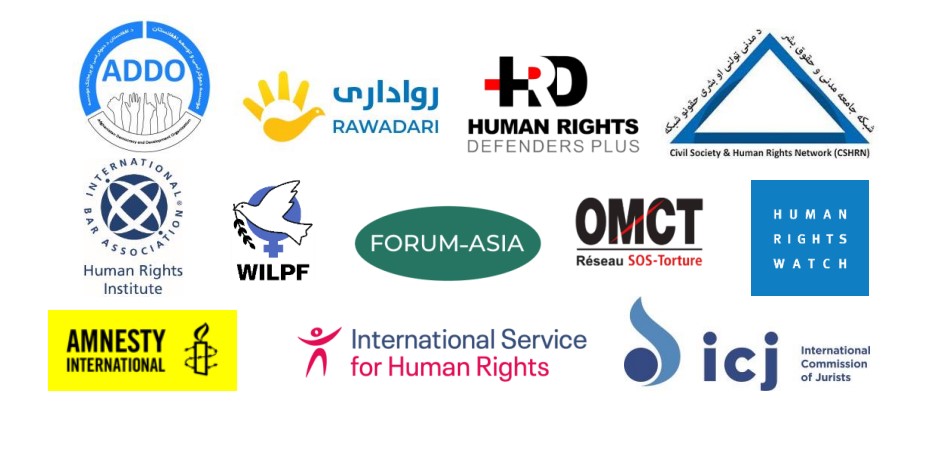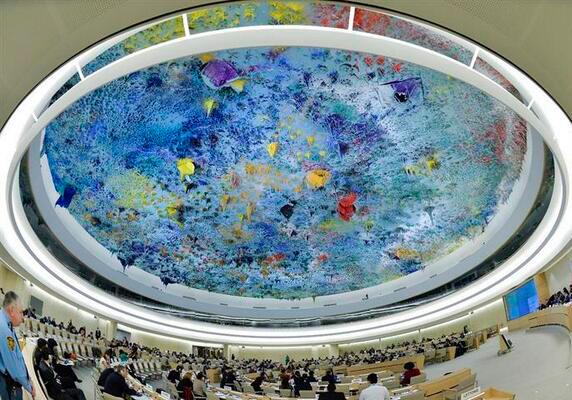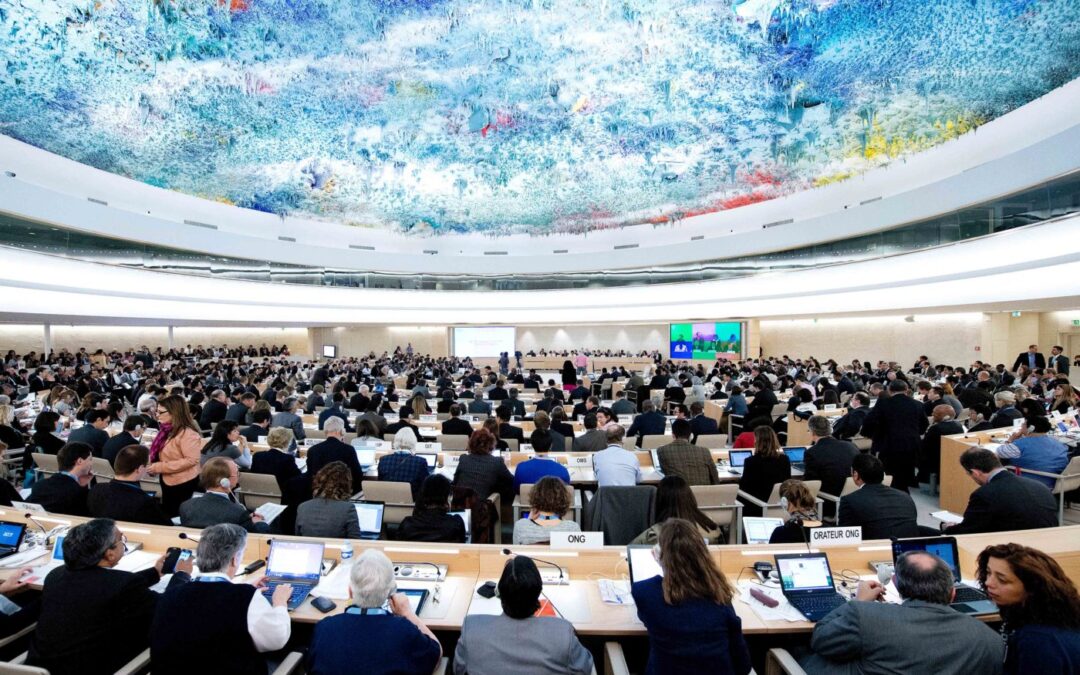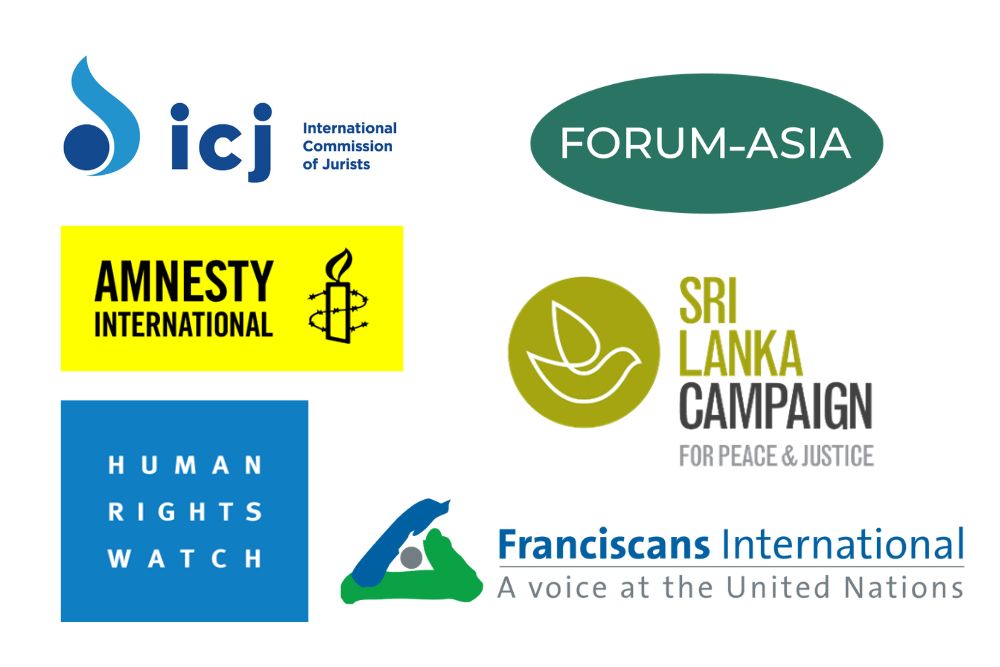

Egypt: At the Universal Periodic Review, States must Call on Egypt to End Egregious Human Rights Violations
Yesterday, on the occasion of Egypt’s Universal Periodic Review (UPR) pre-session, the International Commission of Jurists (ICJ) and the Egyptian Commission on Rights and Freedoms (ECRF) called on States to address Egypt’s dire human rights record, including the...
Joint NGO Letter to UN Member States on the situation in Lebanon
Today, the International Commission of Jurists (ICJ) and other non-governmental organizations call on Member States of the UN Human Rights Council to urgently convene a Special Session on the situation in Lebanon to establish an international investigative mechanism...
HRC 57: ICJ End-of-Session Statement
UN Human Rights Council makes progress in country monitoring and work on climate change, despite efforts by some States to limit the work of independent mandates. As the 57th session of the UN Human Rights Council has come to a close, the ICJ reaffirms its view that...
Sri Lanka: Joint letter to the UN Human Rights Council
HRC57 – Sri Lanka: Renew the mandates of the OHCHR for 2 years




